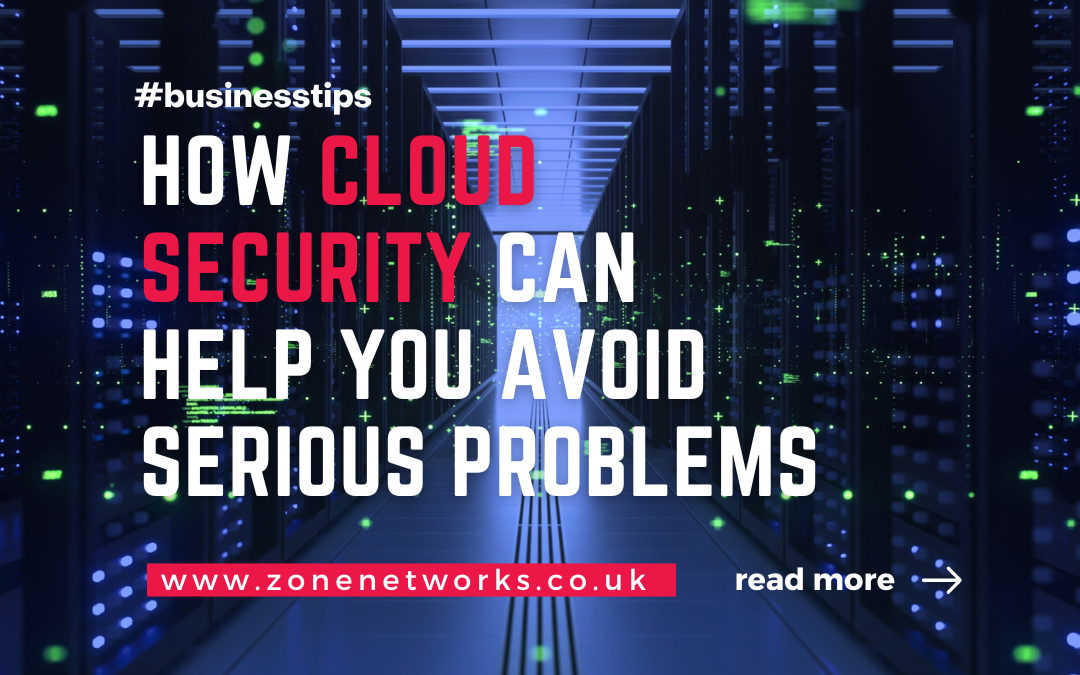Do you think it’s impossible to reach the stars?
You may believe this because you are not standing on a cloud.
Or maybe you can?
The truth is that nowadays we cannot only touch the cloud but also use it to store, process, and utilise data and services within it.
At least that is what most businesses, organisations and schools do every day through cloud computing. Simply described, cloud computing is the supply of computer services via the Internet -the cloud-, including servers, storage, databases, networking, software, analytics, and intelligence.
The cloud provides agility, reduced costs, and global access to resources.
But in every fairy tale, there is a villain… and a hero.
In our case, cloud infrastructure needs to be safe to continue operating effectively, due to the dangers of misconfiguration and the constant threat of cybercriminals.
The data, resources, and applications hosted on the cloud are protected by a system of regulations, strategies, controls, processes, and practices known as “cloud security.” Cloud security offers numerous tiers of defence for the network infrastructure against threats like DDoS assaults, unauthorised access, and data breaches.
Considering that the average global cost of a data breach is currently £3.66 million, it is clear how critical cyber security is for averting serious problems and their harmful consequences.
3 SERIOUS PROBLEMS THAT CLOUD SECURITY CAN PREVENT
Security Breaches
A cloud data breach is one of the biggest security issues, with dangerous and sometimes detrimental effects.
The reputation and trustworthiness of an organisation or company are key factors in determining its success.
If a cloud account is hacked, the intruder can extract important personal, financial, and other valuable data, which in turn can lead to the hacking of even more accounts and information.
This might result in significant financial losses, as well as legal concerns about GDPR regulations compliance.
Cloud security and its defence layers-like Firewall, and VPNs- can form a wall of protection against such intrusion attempts, fortifying your private or public cloud accounts.
Based on your needs, a specialised IT company can recommend the necessary tools that should be used to maximise your protection against any hacking attempts or malware infections.
Remote Work Destabilisation
Remote working nowadays enables any employee to provide their services from any part of the planet, while companies can find and hire the ideal candidates from their screens.
Especially during the quarantine period, due to the coronavirus, the role of remote work was strengthened and is now part of everyday life in most organisations and businesses.
Employees may access the necessary data and utilise the applications that are required anytime they want, thanks to cloud computing and storage, which are essential tools for enabling remote work.
This is why cloud stability is required.
Many times, however, employees do not follow the necessary security protocols, using public WIFI networks, opening dangerous emails, or entering unprotected phishing pages, resulting in the risk of infection by viruses or malware.
This entails serious destabilisation risks for the cloud and its applications, with potentially damaging ramifications.
Therefore, specific security mechanisms are needed, which can prevent possible cyber attacks and protect your data, contributing to the stability of the cloud.
Cloud security can provide these mechanisms, ensuring a safe remote working environment.
Unexpected Disasters
Disasters such as flooding or fire can happen at any time, putting your data at great risk. The situation becomes even more complicated when the stored data not only concern a company or organisation, but also its customers or members.
That is why a backup plan is always required.
The most innovative and efficient solution to these issues is cloud data storage. Therefore, this data should always be adequately protected.
Cloud security is a state-of-the-art solution that protects and secures your data continuously, using the necessary technology. This means that there is a permanent solution to any unexpected situation and, above all… peace of mind.
BOTTOM LINE
The dynamics of cloud models have visibly strengthened in recent years, with more and more businesses and organisations choosing an appropriate cloud-based environment for their needs.
At the same time, however, the threats that can significantly affect the stability and validity of these environments have also increased.
Cloud security can provide the right tools to ensure the protection of cloud-based infrastructure, applications, and data, at all times.
If we consider the severe consequences of the problems mentioned above, we can easily understand why it’s important to take cloud security extremely seriously.
An experienced and reliable IT company can guide you properly, recommending specialised cloud protection programs based on your specific needs.


Recent Comments